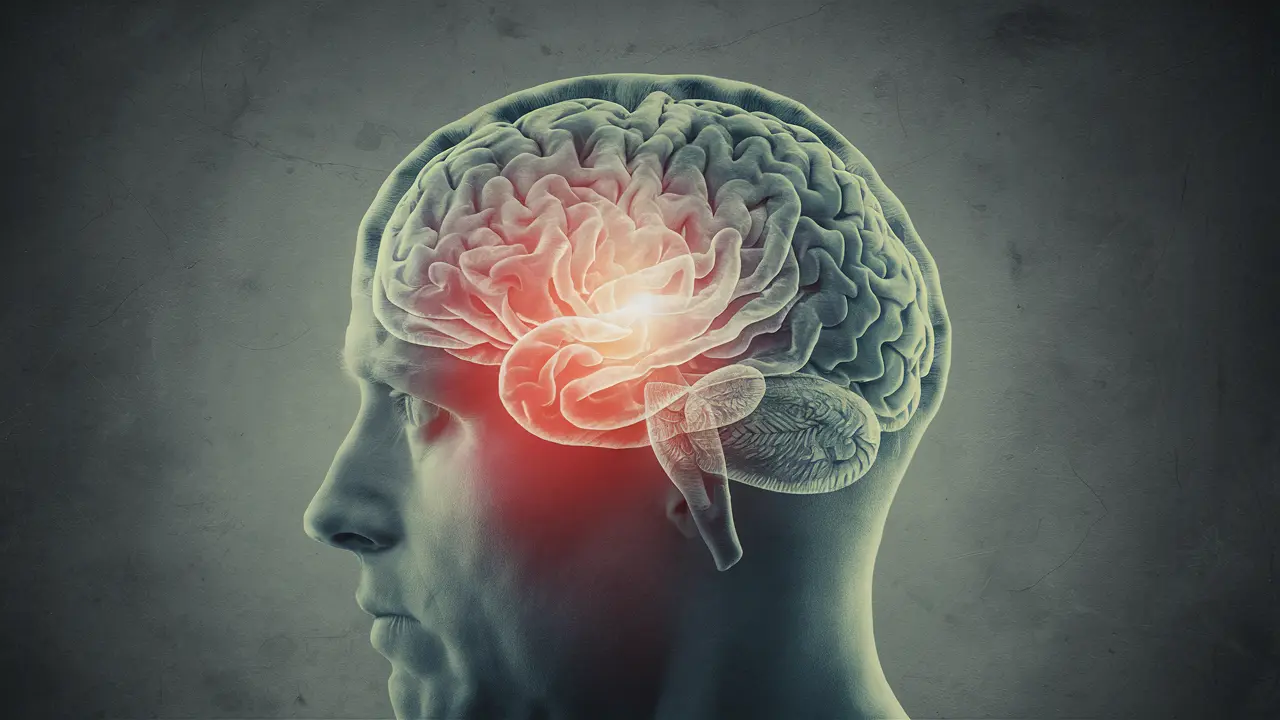Traumatic brain injury, or TBI, is the term used to describe an interruption of regular brain activity brought on by a hit, knock, or shock to the head. A traumatic brain injury (TBI) can cause anything from a minor, transient disturbance of mental status or consciousness to a protracted period of coma or amnesia following the damage. Military veterans are particularly susceptible to TBIs due to the nature of their work, with instances often linked to combat-related activities. Early diagnosis and treatment of traumatic brain injury (TBI) is essential because, if untreated, TBI can result in chronic problems that impair emotional and cognitive functioning.
As they transition back to civilian life, many veterans carry the invisible scars of TBI, which may not be immediately apparent. Despite this, they must navigate personal and bureaucratic challenges to access their needed support. Services like those offered by organizations aiding in TBI veteran disability play a critical role in helping veterans find the assistance they require to adapt to life after TBI.
The Impact of TBI on Veterans’ Lives
The repercussions of TBI on a veteran’s life can be multifaceted. Some individuals may experience short-term issues with memory, perception, or motor functions, while others face long-term challenges, such as persistent headaches, mood swings, or cognitive impairments. The magnitude and location of brain injury vary from case to case, and these factors often influence how severe the impact is. These symptoms can profoundly affect a veteran’s personal and professional life, making once effortless tasks seem arduous.
Personal accounts from veterans who have sustained TBIs provide insight into the day-to-day challenges they face. The chaotic aftermath of an explosion, the sudden impact during training, or a vehicle incident can all lead to TBIs, thus drastically changing a service member’s career and life trajectory. These stories serve not only to educate the public but also to enlighten policymakers and healthcare providers about the personalized support systems necessary for each unique case of TBI.
The Diagnosis Process for TBI in Veterans
Diagnosing TBI involves a careful evaluation that may include imaging tests such as CT scans, MRIs, and cognitive and sensory assessments conducted by neuropsychologists. Due to the subjective nature of symptoms and the complexity of neurological assessments, veterans may encounter several obstacles to obtaining a definitive diagnosis. In addition to understanding the biological underpinnings of the injury, these professionals must also consider the social and emotional contexts in which veterans experience their symptoms.
Treatment Options for Veterans with TBI
For TBI, several therapy methods are frequently used in conjunction with one another to address the injury’s physical and psychological repercussions. Treatment plans usually include neuropsychological therapy designed to improve cognitive function, physical therapy to regain strength and coordination, and psychotherapy to address emotional well-being. Medical interventions often involve a collaborative range of specialties, including neuropsychologists, neurologists, occupational therapists, and other healthcare providers. Each treatment plan is customized to the individual, as TBIs vary significantly in their nature and effects. The unique experience of each veteran demands a tailored approach to facilitate the best possible recovery.
Access to state-of-the-art care is crucial for those dealing with the consequences of TBI. The advancement in treatment methodologies highlighted shows the evolution of care and the importance of continued innovation in this field.
Rehabilitation and Recovery Journey
The journey to recovery for veterans with TBI is a complex process that requires time, patience, and a multidisciplinary approach. Rehabilitation can involve therapies focused on regaining lost skills or finding new ways to approach tasks. The ultimate goal of rehabilitation is to restore prior functioning and enable people to enjoy fulfilling and productive lives. Vocational rehabilitation, for instance, assists veterans in returning to the workforce or, in some cases, finding new career paths that accommodate their post-TBI abilities.
The Role of Support Networks in TBI Management
Support networks are the cornerstone of successful TBI management. The value of an empathetic listener or a helping hand cannot be overstated in the life of a TBI-afflicted veteran. Family members, close friends, comrades from military service, and healthcare professionals collectively craft a safety net to catch those who might otherwise fall into despair. Veteran’s associations and various non-profit groups specific to supporting TBI individuals also play a vital role, offering resources and a community understanding of post-injury challenges. Online support groups have also been made possible by the increasing use of the internet, enabling connections across borders and the exchange of coping mechanisms and experiences.
Overcoming Stigma and Encouraging Open Conversations
Despite many advances in the field of mental health, there remains a stigma associated with TBI, particularly within the military community, where strength and toughness are highly valued. This stigma may make it difficult to ask for assistance or to be candid about one’s troubles. Efforts promote open dialogue and challenge misunderstandings about TBI, including initiatives within veteran communities that allow individuals to share their stories publicly and support each other.
Government Policies and Assistance Programs
Positively navigating post-injury life often requires reliance on various government policies and assistance programs designed to support veterans with TBI. For example, the Department of Veterans Affairs (VA) provides various disability benefits and healthcare services for eligible veterans. Nonetheless, translating these policies into practical support can be daunting, sometimes requiring the aid of legal professionals or advocates who specialize in veterans’ affairs. Legislation continues to evolve, reflecting an improved understanding of TBI and the need for comprehensive support services tailored to the diverse experiences of individuals who have served in the military.
The Future of TBI Research and Innovation
Research is ongoing to unlock the mysteries of TBI and find new methods of treating and supporting those affected. Investment in clinical trials, innovative brain imaging techniques, and developing neuroprotective interventions promise a brighter future. Technological innovation plays a significant role, with new devices and software applications crafted to aid in cognitive rehabilitation and daily functioning. This exciting progress is detailed by publications like Medical News Today, which share how advancements are making a tangible difference in the lives of TBI survivors.
A Guide to Living with TBI as a Veteran
Adapting to life with TBI demands patience, determination, and, often, a shift in perspective. From embracing new routines to leveraging assistive technology, veterans who sustain TBIs can reestablish control over their lives. Building and maintaining a robust support system is essential for these adjustments, as is finding meaningful activities and connecting with others who understand the unique challenges of living with TBI.
Conclusion: Fostering Resilience and Hope
Encouraging tales of determination and adaptation abound within the veterans’ community, stories that illuminate the paths through the darkness that TBI can cast. By providing access to information, healthcare, and support networks and continuing to improve policies and programs, society can aid veterans in cultivating resilience and restoring hope for a fulfilling life after injury.



